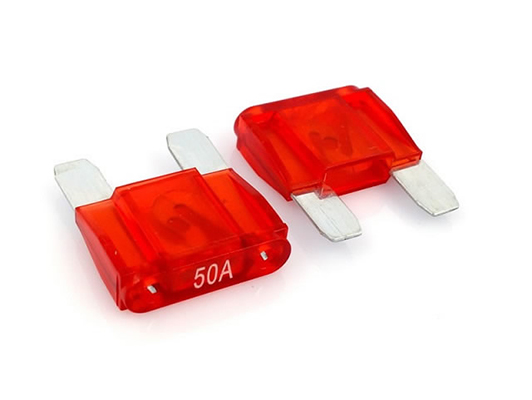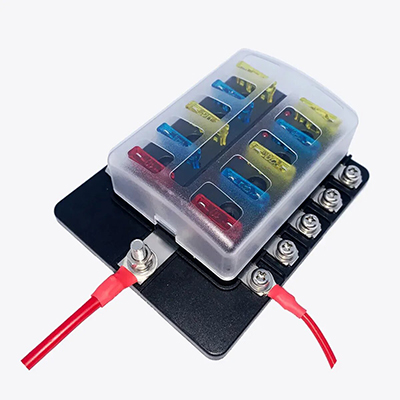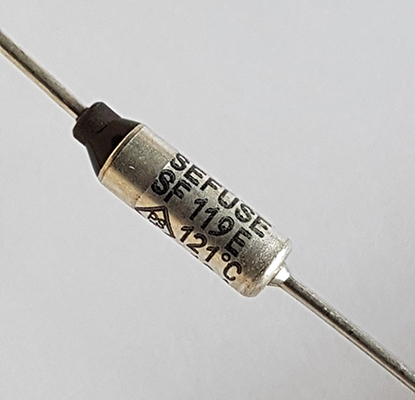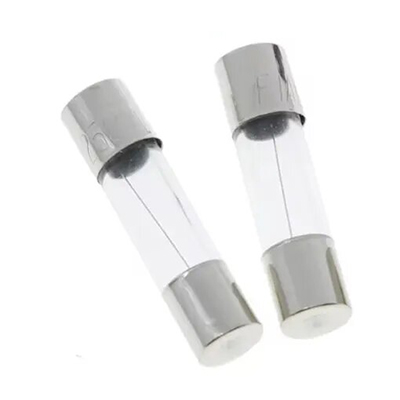Advanced Automotive Fuses: Safeguarding Traction and Stability Control Systems
News 2025-10-13
Car fuses play a pivotal role in maintaining the integrity of automotive electrical systems, especially in traction control and stability mechanisms. These components are crucial for vehicles equipped with advanced safety features, as they protect against electrical overloads and short circuits that could compromise system functionality. By interrupting excessive current flow, fuses prevent damage to sensitive electronics in traction control systems (TCS) and electronic stability control (ESC), ensuring reliable operation during critical driving conditions. This protection is vital for enhancing vehicle safety and performance, making fuses an indispensable part of modern automotive design.

Applications in Traction and Stability Systems
In traction control systems, fuses are integrated to safeguard sensors and actuators that manage wheel slip during acceleration. For instance, in scenarios involving wet or icy roads, TCS relies on fuses to protect the wiring connected to anti-lock braking systems (ABS) and engine control units. Similarly, in stability control setups, fuses shield components like yaw rate sensors and hydraulic modulators from electrical faults. This application ensures that these systems can accurately detect and correct vehicle instability, such as during sharp turns or evasive maneuvers, thereby reducing accident risks and improving overall drivability.
Performance Advantages of Specialized Fuses
Specialized automotive fuses offer superior response times and durability, critical for high-stakes environments. Designed with precise current ratings, they provide fast-acting protection that minimizes downtime and prevents cascading failures in stability systems. Their compact size and resistance to vibration and temperature extremes make them ideal for the demanding conditions under the hood. Moreover, these fuses comply with industry standards like ISO 8820, ensuring compatibility and reliability, which enhances the longevity of traction and stability components and supports better fuel efficiency through optimized system performance.
Frequently Asked Questions
1. What is the primary function of a car fuse in stability systems?
It protects electronic components from overcurrent, preventing system failures that could affect vehicle control.
2. How do fuses improve traction control reliability?
By quickly breaking circuits during faults, they maintain the accuracy of sensors and actuators, ensuring consistent performance in slippery conditions.
3. Can using the wrong fuse type impact safety features?
Yes, incorrect fuses may not handle required currents, leading to premature failures or inadequate protection in traction and stability systems.


